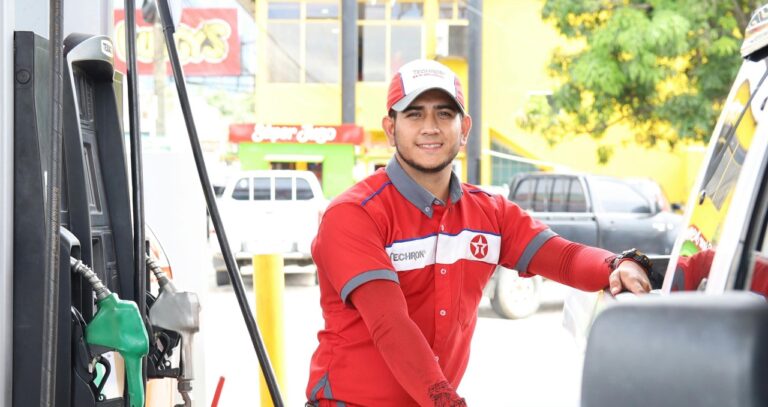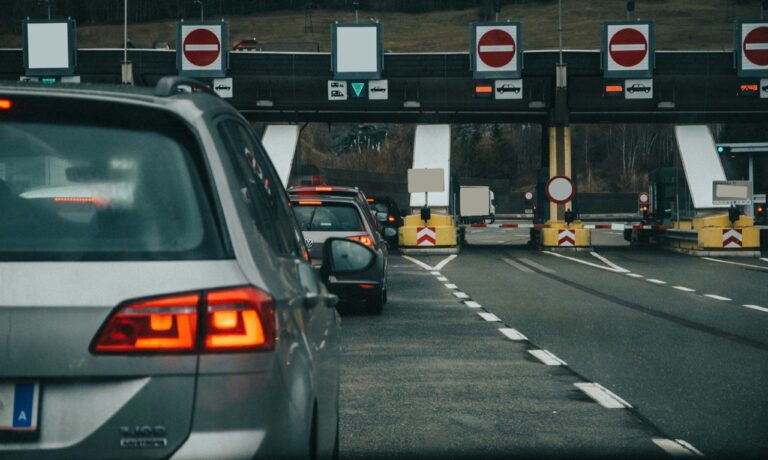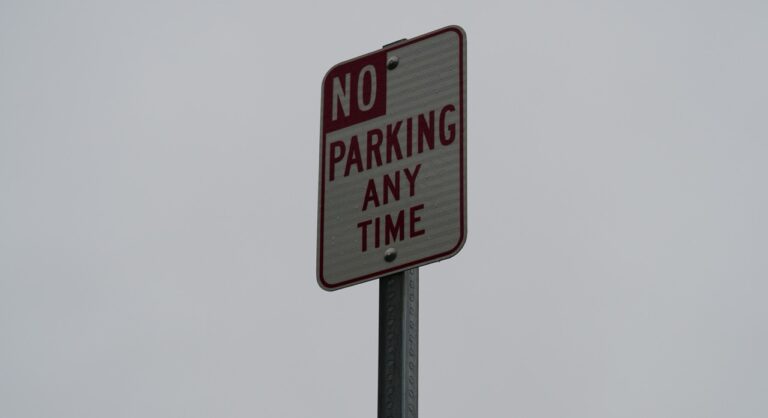When visiting South Africa, whether for a week or a month, renting a car is almost essential. Without one, you’ll miss much of what the country has to offer.
With your own vehicle, you can plan multiple stops, pack everything you need, and stay in control of your trip. That’s something you simply can’t do if you only rely on Uber or public transport.
But renting a car comes with costs that aren’t always obvious. Hidden fees can catch travelers off guard, especially if it’s your first time renting.
Before booking, it’s worth understanding the full picture: insurance charges, deposits, airport surcharges, refuelling penalties, cross-border permits, and more.
In this guide, we’ll show you what to look out for. You’ll learn how to spot, avoid, and even negotiate hidden costs, so you can stay on budget while enjoying the freedom of a rental car.
Table of content
Why Hidden Costs Occur in Car Rentals
Car rental companies often advertise low base rates. But that price covers only the bare minimum: the car itself and a limited distance allowance.
The rest: damage and collision waivers, admin fees, airport surcharges, drop-off charges, and deposits, are treated as “extras,” even though most are unavoidable.
Once added up, these extras can quickly push your final bill much higher than expected.
So why do hidden fees happen?
- Rental firms use low base rates to attract customers, then make their profit from add-ons.
- Airport branches have higher costs than city branches and pass them on to you.
- Many travelers skip reading the fine print.
- Local taxes or surcharges may be applied at the point of pick-up.
To avoid being caught off guard, you need to know which fees are common in South Africa, and how to reduce or avoid some of them.

Common fees you’ll see when renting a car in South Africa
Let’s look at the most common charges you’ll see when renting a car in South Africa.
Airport & Location Surcharges
Most rental branches inside airports have to pay concession fees to airport authorities in South Africa. They pass this cost on to you as an airport surcharge. This is true for both state and international airports.
Expect about a 13% surcharge on your rental costs when picking up from major airports.
This applies to your daily rate and any additional kilometers. Location surcharges in city branches are slightly lower, usually around 10%.
How to avoid it:
- Rent from branches in downtown areas.
- Compare quotes across multiple locations.
- Use a car-sharing platform like Tarlen, which delivers vehicles to the airport without adding surcharges.
Contract, Admin or Booking Fees
Every rental company charges administrative or contract-processing fees. These are sometimes listed as “contract fees” or “admin fees”.
The exact amount varies by company. Here are some examples:
- Hertz: R120
- Tempest: R105
- Tarlen Carshare: R100
Some companies don’t show this fee upfront, you’ll only see it at the rental counter or during online checkout.
Can you avoid it? Unfortunately, no. Contract or admin fees are standard across the industry.

Fuel and Refuelling Penalties
One of the most common hidden costs is the refuelling fee. If you return the car without a full tank, the company may charge both for the missing fuel and a “refuelling service fee”.
These charges are usually taken from your deposit or charged directly to your card.
How to avoid it:
- Always return the car with a full tank.
- If offered, consider prepaying for fuel at booking.
- Take photos of the fuel gauge at pick-up, at the pump, and when returning the car, so you have proof if a dispute arises.
Extra Kilometer or Mileage
Most rentals in South Africa include a daily mileage allowance, often 100 km/day or 200 km/day. If you go over that limit, you’ll pay an extra mileage fee, calculated per additional kilometer driven.
The good news: rental companies usually tell you upfront what the limit is and how much extra kilometers will cost.
How to avoid it:
- Choose a rental with unlimited kilometers if possible.
- Estimate your total driving distance before booking.
- Look for deals with higher daily mileage if you’re planning road trips.
One-Way & Drop-Off Fees
If you collect a car from one branch and drop it off at another, even within the same city, you may face a one-way fee (sometimes called an interbranch transfer fee). These costs can climb steeply if you drop the car in a different city or province.
How to avoid it:
- Return the car to the same branch.
- Negotiate one-way fees in advance.
- Ask if the company offers free interbranch returns in certain locations.

Cross-Border & Permit Fees
South Africa borders several countries, and crossing with a rental car requires extra permits, road taxes, and fees. The cost depends on both the rental company and the country you’re driving into.
It’s essential to tell the rental company about your plans before crossing any border. If you don’t, your insurance could become void.
How to avoid it:
- Plan routes that stay within South Africa when possible and rent a different car in the other country you want to visit.
- Negotiate or prepay cross-border permits in advance.
Young & Additional Driver Surcharges
Drivers under 25 are usually considered higher risk, so rental companies add a young driver surcharge, typically R150–R250 per day.
Adding extra drivers also comes at a cost. Additional driver fees can reach R500 per person for the rental period.
How to avoid it:
- Limit the number of drivers on the contract.
- Rent with Tarlen Carshare, which allows you to add extra drivers for free.
Toll, E-Toll & Road Usage Charges
South Africa has toll roads and an electronic tolling (e-toll) system. Rental companies pass these charges on to you, often adding a Toll processing fee for processing them.
How to avoid it:
- Ask whether your rental includes an e-toll transponder.
- Plan routes to avoid toll roads when alternatives exist.
Damage, Insurance, Excess & Loss of Use
Even if you buy collision cover, you’re usually responsible for paying an excess (the first portion of the repair bill). Zero-excess cover removes this risk but costs more upfront.
If you decline all waivers, you’ll be liable for the full cost of any damage, which can be far higher than the excess.
Some companies also charge a loss of use fee, compensation for the days the car is unavailable for rental while being repaired.
How to avoid or limit these charges:
- Accept or pre-book full damage waivers.
- Choose zero-excess cover if you want peace of mind.
- Use a credit card that includes rental car insurance and excess cover.
- Carefully inspect and photograph the car before leaving the lot.
- Keep records of mileage, fuel, and any incidents during your rental.
Traffic fines
If you’re caught committing a traffic violation, like speeding, making an illegal turn, or parking, the fine is sent to the rental company. They’ll then charge the fine to your credit card plus a fine-handling fee.
In some cases, the company may transfer the fine into your name instead. But either way, they usually still charge the handling fee.
How to avoid or limit these charges:
- Follow traffic laws closely.
- If fined in person, pay it directly at the traffic department to avoid extra admin fees.
- Keep proof of payment in case the rental company later claims it’s unpaid.

Add-ons and extras
Optional extras like baby seats, GPS devices, bicycle racks, or phone holders may seem small, but they add up quickly.
How to avoid it:
Skip non-essential extras and bring your own gear when possible.
Late return fee
All car rental agreements are based on 24-hour periods. For example, if you pick up a car at 12:00 noon, you’ll need to return it by 12:00 noon the next day.
However, most companies allow a short grace period (20 – 30 minutes). Beyond that, you may be charged for an extra day’s rental, sometimes with an additional admin fee.
How to avoid it:
- Return the car on time.
- If you expect delays, call the rental office to request an extension.

How to Reduce or Avoid Hidden Fees
Knowing how to catch hidden fees is half the battle. Here are practical ways to keep them under control:
Book early for lower rates
Prices rise with demand, so reserving in advance often locks in the cheapest deal.
Read the Contract Carefully
Before signing, ask:
- Which fees are already included vs extra?
- What surcharges apply (airport, admin, cross-border)?
- What is the deductible/excess and how is it calculated?
- What are refueling policies, inclusive kilometers, return conditions?
Don’t rely on verbal promises, get everything in writing.
Choose Inclusive packages or waivers
Bundled deals (e.g. unlimited km, free extra drivers) are often more economical. Consider zero-excess waivers for peace of mind.
Return Car Clean & On Time
Avoid cleaning fees and late-return penalties.
Use Credit Card Insurance & External Waivers
Many premium cards cover rental car damage or excess, which can save you from buying waivers from the rental company. Confirm what’s included before you travel.
Ready to Book with Tarlen?
Now you know how to spot and avoid the hidden charges that can sneak into a rental contract. If you want a hassle-free car rental experience in South Africa, with no surprise fees, book through Tarlen’s Carshare.

Save this guide and share it with fellow travelers. The more people demand transparency, the more the industry will adapt.
Want more stories like this?








